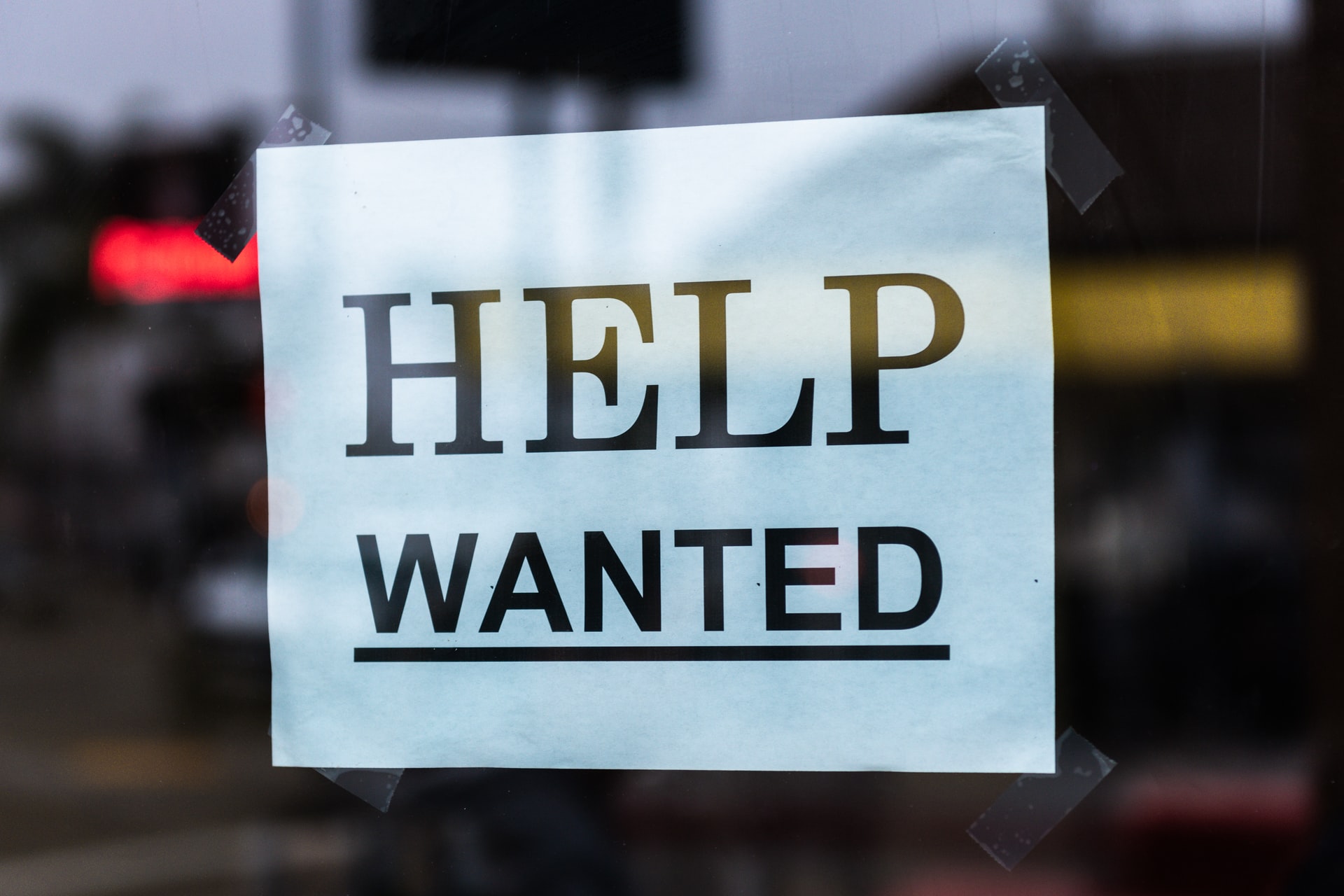The state of the Main Street economy as it tries to completely recover is dragging on business owners across the country. Nearly one-third say they have open positions that have been unfilled for at least three months. As a result of this labor situation, 41% of small business owners say wages are now rising.
Why aren’t Small Businesses able to Keep up with the Post-Pandemic Economic Boom?
According to the Labor Department, there are almost one million more jobs available than those looking for them; implying that workers have the negotiating power to demand higher salaries before returning to work or to leave their current positions in search of better-paying possibilities. This is especially difficult for small enterprises, which are likely to lack the resources of their larger competitors.
According to a recent survey, 32% of small business owners have raised wages in the last three months to attract employees, while 24% have provided more on-the-job training, and 27% have offered more flexible hours. Fewer companies have added extra advantages, such as improved medical (8%), educational (7%), and child-care or elder-care (5%).
Jill Bommarito, the founder and CEO of Ethel’s Baking Company in Detroit, is feeling the heat, especially as national firms raise wages to $15 an hour and offer benefits like college tuition reimbursement.
Ethel’s Baking Company has increased its benefits to include long- and short-term disability, dental and eye coverage, and $2,000 in education, but it cannot afford to pay for workers’ college tuition as Target and Walmart just revealed they would be doing.
“We can’t offer a college education. Everything is going up for us across the board, our raw materials, our packaging, our casings, logistics, wages, benefits, all of that, and it hasn’t been the typical 1% to 2%, but 18%,” said Bommarito.
Many small business owners are being hammered by an increase in supply cost, as well as wages, leading to raised prices. With greater wages and benefits, as well as higher input prices, Bommarito believes it is “inevitable” that more small businesses, like hers, will hike prices as well.
Despite the fact that the Delta variation has become a greater source of concern for the economy, small companies remain optimistic. According to the poll, the majority of businesses (66%) believe they can continue to function for more than a year under current conditions.
Which Industries are Experiencing These High Rates of Growth?
Many businesses were hit harder by the pandemic. Due to social distancing, travel was one of the hardest-hit sectors. Airlines took a hit, with major airlines such as Virgin Atlantic filing bankruptcy. Hotels such as Marriott (MAR) and Hilton (HLT) suffered revenue because of decreased travel, as well as dine-in restaurants and department stores like Macy’s (M). Some other industries suffered economically, such as oil companies.
Alternatively, fast food restaurants such as Domino’s (DPZ) and Chipotle (CMG) increased sales. Likewise, online venues for shopping and entertainment, such as Amazon (AMZN) and Netflix (NFLX), accelerated, some by 47.5% (The Morningstar US Technology Index). E-commerce and remote working companies like Shopify (SHOP) and Zoom (ZM) benefited, as well as cybersecurity companies like Okta (OKTA).
Companies such as Lowe’s (LOW) and Home Depot (HD) were very successful as many people began home improvement projects.
As investors pivot their long-term capital gain strategy due to Biden’s proposed tax hikes, many are looking at taking advantage of the possible 100% federal tax exemption which accompanies the sale of Qualified Small Business Stock. Recognizing patterns in the post-pandemic economic recovery will allow investors to minimize the risk that comes with investing in startups and maximize the rewards of QSBS.
Learn more about the types of businesses that qualify under Section 1202 for a 50%, 75%, or even 100% federal tax exclusion upon sale or exit.
This article does not constitute legal or tax advice. Please consult with your legal or tax advisor with respect to your particular circumstance.

